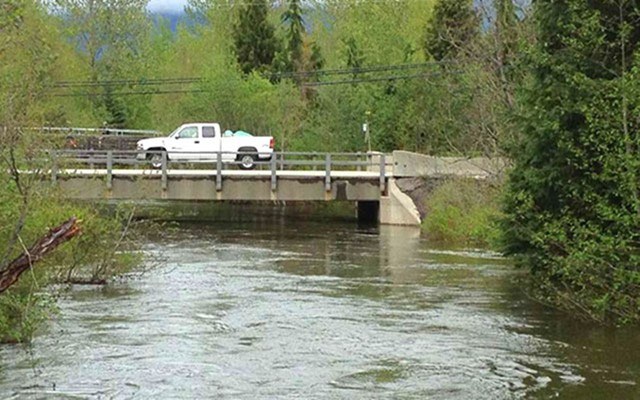Is the Resort Municipality of Whistler (RMOW) doing enough to fight climate change and protect the environment?
A letter addressed to mayor and council and signed by more than three-dozen Whistlerites says more can be done.
"Time is of the essence and it feels quite frustrating that our leaders seem afraid to take action for fear it will upset people," Nalini Binet wrote in the letter.
"I think it would be wise to undergo some slight adjustments to our behaviours, which may come with some mild discomforts, in order to avoid 'survival of the fittest' type situations.
"Is the desire for re-election really worth risking our collective future?"
Binet goes on to offer some suggestions, including banning plastic bags and single-use plastic water bottles and requiring that all takeout containers be compostable.
The RMOW is in the process of updating its climate policies, though specifics aren't clear on what the update will eventually look like.
"There's a citizen advisory group which have been meeting about this specific bylaw since the fall of 2015, and they will be bringing forward their recommendations shortly," said Mayor Nancy Wilhelm-Morden.
"It's quite a large group and they have been meeting on a regular basis, so I expect the recommendations will be significant... council will decide at that time which, if any, of the recommendations we will be willing to act on."
That said, the mayor realizes the leverage local government has regarding climate change — and why it's important to act.
"There are things that local government can do, because we're a little more nimble than the provincial and federal levels of government," Wilhelm-Morden said. "The environment and climate change in particular have been certainly important to Whistlerites."
While not a full-blown policy overhaul, at its Feb. 16 meeting, council passed first, second and third readings for an Environmental Protection Amendment Bylaw that adds to and clarifies the initial 2014 legislation.
The original Environmental Protection Bylaw was meant to give a clear, consistent and comprehensive tool to protect streams (the areas around which are known as "Riparian Areas"), provide a clear tree cutting permit process, manage invasive species, align development approvals along streams with provincial regulation and enforce municipal guidelines.
"The amendments do a couple of things, one is to align our bylaw better with the provincial Riparian Areas Regulation, so that's important," the mayor said ahead of the council meeting.
"And it also gives us some abilities to act with invasive species, because we are noticing an increase in (their) presence."
Also at the Feb. 16 meeting, council heard a presentation from Quest University student Katie van der Sloot regarding Triclosan — a chemical additive found in antibacterial products.
The chemical is found in everything from toothpaste to hand soap, and has the potential to harm the health of humans (by interfering with hormone regulation and proliferating cancer cells growth) as well as the environment.
The Government of Canada is currently conducting an assessment of risks posed by Triclosan, van der Sloot said, after which the public will have 60 days to comment on a potential risk management strategy.
Van der Sloot asked council to support a risk management strategy that would ban Triclosan from consumer products in Canada.
A resolution could come to council at a future meeting.




